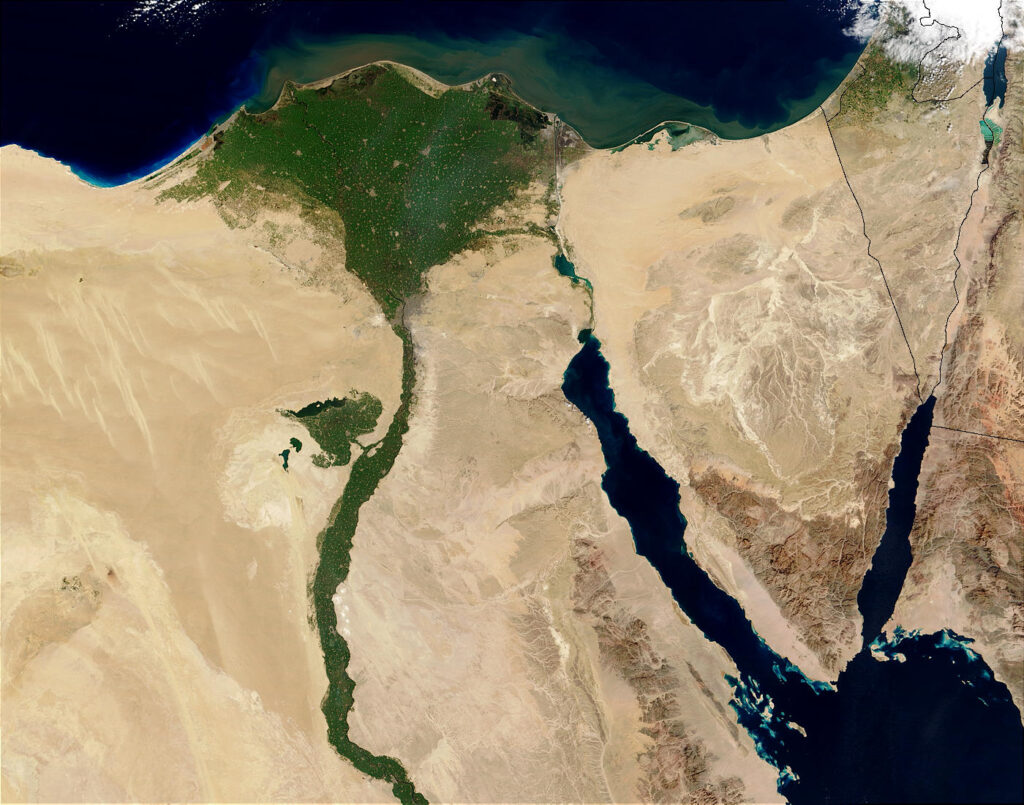Egypt, a land of timeless mysteries and vibrant culture, continues to captivate millions around the world. From pioneering ancient inventions to breathtaking monuments and rich traditions, Egypt’s story is a treasure trove of wonder. Whether you’re fascinated by the pharaohs, intrigued by the pyramids, or eager to explore modern Egyptian life, here are ten fascinating facts about this incredible country.
1. The Ancient Egyptians Invented the Calendar and Writing
The ancient Egyptians were pioneers in many fields. They created the first 365-day calendar, dividing the year into months and days much like we do today. They also developed one of the earliest writing systems, known as hieroglyphs, which used pictorial symbols to communicate stories, records, and religious texts.
2. Over 100 Pyramids Built for Pharaohs
Egypt is famous for its pyramids—monumental tombs built to honor pharaohs and help them in their journey to the afterlife. More than 100 pyramids were constructed, with the Great Pyramid of Giza standing as the largest and most iconic, recognized as one of the Seven Wonders of the Ancient World.
3. Egypt is a Transcontinental Country
Situated mainly in northeastern Africa, Egypt also extends into Asia through the Sinai Peninsula. This unique geographic position connects two continents and makes Egypt a crucial cultural and political bridge between Africa and the Middle East.
4. The Ten Commandments Were Given on Mount Sinai
Mount Sinai, a site of immense religious significance, is believed to be where Moses received the Ten Commandments. This event is central to Judaism, Christianity, and Islam, underscoring Egypt’s deep historical and spiritual importance.
5. Ancient Egyptians Worshipped Over 2,000 Gods
Ancient Egyptian religion was rich and complex, with over 2,000 gods and goddesses. Some of the most revered include Ra (the sun god), Horus (the sky god), Osiris (god of the afterlife), and Bastet (goddess of cats). These deities played a vital role in everyday life and afterlife beliefs.
6. Egypt Was Divided Into Upper and Lower Regions
Historically, Egypt was split into Upper Egypt (southern part) and Lower Egypt (northern part). This division was based on the flow of the Nile River, which runs from south to north. The unification under King Narmer around 3100 BCE marked the start of the Ancient Egyptian civilization.
7. Cairo: A City of History and Modernity
Egypt’s capital, Cairo, is one of Africa’s largest cities, blending ancient heritage with modern life. Its historic district is a UNESCO World Heritage site, featuring Islamic architecture, ancient mosques, and bustling markets alongside skyscrapers and vibrant cultural scenes.
8. Wadi al-Hitan: The Whale Valley
Located in Egypt’s Western Desert, Wadi al-Hitan is a UNESCO World Heritage site famous for its fossils of early whales. These fossils provide critical insight into the evolution of marine mammals and highlight Egypt’s rich natural history beyond its monuments.
9. Ancient Egyptians Had Advanced Medical Knowledge
Egyptians made significant strides in medicine thousands of years ago. They used surgical tools similar to today’s scalpels and forceps, practiced dentistry, and even crafted prosthetic devices, showcasing their surprising expertise in health care.
10. Egypt is an Arab Republic With a Rich Cultural Mosaic
Modern Egypt is officially the Arab Republic of Egypt, with Islam as the state religion and Arabic as the official language. It is the most populous Arab country, home to a diverse society that honors both its ancient roots and contemporary culture.
Bonus Facts: Fun and Surprising Tidbits
The ancient Egyptians loved board games like Senet and Mehen, some dating back over 5,000 years!
Cleopatra VII, one of Egypt’s most famous rulers, was actually of Greek descent.
Both men and women in ancient Egypt wore makeup, believed to have magical and protective properties.
Egypt boasts seven UNESCO World Heritage sites, including Historic Cairo.
Egypt’s captivating past and vibrant present make it a destination like no other. Whether you are wandering through the timeless pyramids or exploring bustling Cairo streets, Egypt invites you to experience history, culture, and wonder at every turn.

